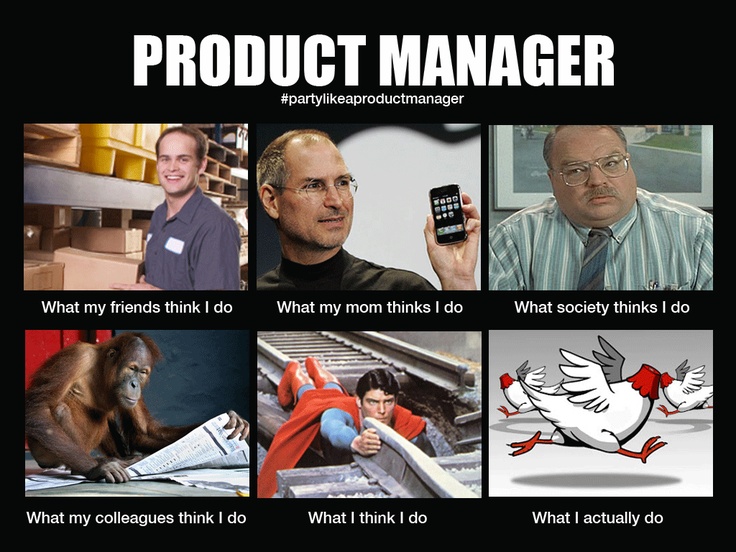For the longest time, I’ve been passionate about working as a product manager. Once I got my first taste of it at Adobe, I couldn’t get enough. And yet, whenever I would talk to people in social circles, I had the hardest time describing my role without confusing or boring them. One of the ways I would describe my work was that of a mini-CEO, responsible not for the success of the entire company but rather just one or a few products within the company. While that metaphor helped, it was still woefully inadequate. While I held similar responsibilities for the success of my small portion of the business, I lacked the authority and budgets that CEOs have to work with.
A Better Product Manager Metaphor
Then one day, I came across a beautiful metaphor by the director of product management at the BBC, one that particularly resonated with me given my musical background. A product manager is really like being the conductor of the orchestra. This description fits much better than the CEO metaphor. Just look at this side-by-side comparison of the responsibilities of a symphony conductor versus a product manager:
| Symphony Conductor | Product Manager |
|---|---|
| Leads and coordinates several musical sections | Leads and coordinates across departments |
| Creates the vision for the orchestra’s direction | Creates the vision for the product’s direction |
| Is an expert in the music they direct | Is an expert in the market/domain they serve |
| Does not control or directly lead any one section | Does not control or directly lead any one department |
| Does not directly manage individual performers | Does not directly manage individual contributors |
| Relies on grants from sponsors for support | Relies on executive sponsorship for support |
| Measures audience appreciation for the music | Measures customer satisfaction for the product |
| Controls timing of the music | Controls the roadmap and product release timing |
| Brings in each section to play their part | Brings in each department to play their part |
Note that like the conductor, a product manager does not deal with payroll, direct people management, or even individual operations. Instead, the product manager is an expert in a specific “genre” of the market. They represent the voice and vision of the market to the organization. A product manager focuses on getting each “section” to play together in harmony in order to create a beautiful experience for the “audience”, the customer.
Conclusion
It is hard for people outside an orchestra to fully appreciate what a good conductor does for the group, and I imagine outside perceptions of product management are very similar. Yet, great product managers and conductors can determine the difference between resounding success or whimpering defeat—a melodious symphony or a dissonant descant. Being able to influence the direction and success of products in such a meaningful way is so satisfying that I don’t think I can ever quit it.
In closing, feel free to enjoy another humorous yet accurate depiction of what product managers do (apologies for the poor computer voice-acting):

